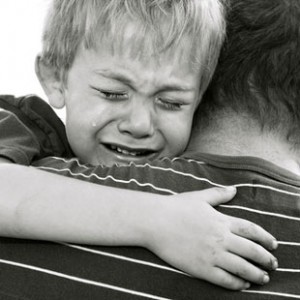 It makes sense that if our child is experiencing aggressive behavior at school that they would also experience more anxiety than others might be experiencing. If our child starts behaving anxiously, we will want to determine if there is bullying taking place somewhere in there life. Bullying is not the only reason for anxiety, but certainly it can affect our children. In fact some say that that if a child is dealing with anxiety they are at greater risk of becoming a target of bullying.
It makes sense that if our child is experiencing aggressive behavior at school that they would also experience more anxiety than others might be experiencing. If our child starts behaving anxiously, we will want to determine if there is bullying taking place somewhere in there life. Bullying is not the only reason for anxiety, but certainly it can affect our children. In fact some say that that if a child is dealing with anxiety they are at greater risk of becoming a target of bullying.
There have been studies that have shown that those who have been bullied, both overtly and relationally, have shown higher levels of anxiety. This would be those who are threatened with or experienced physical harm or those that have experienced threats regarding peer relationships. In both male and female students – both have heightened anxiety levels.
Of all of the different ways that students victimize or target others the one behavior – name calling – that has the strongest affect on young men (teens) is being called “gay”. The use of this term – continually, with intent to harm, and with a difference in power – has the most dramatic affect on young men in creating anxiety for them in life.
On the other side of this, those that receive moderate support from their peers also seem to fair better when it comes to anxiety and dealing with aggression. My take on this is the need we have as a society – a culture – is to make it not acceptable to call names, not acceptable to act aggressively towards others, to be KIND. What if when someone in a school called a classmate a name, others stood up for them saying, “in our school – we do not treat others like that”.
Balanced Life Skills is working at creating a culture of peace for our students, families, schools and community. Join us if you believe in the practice of respect for each other.



